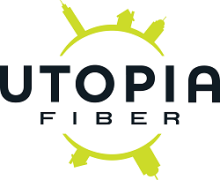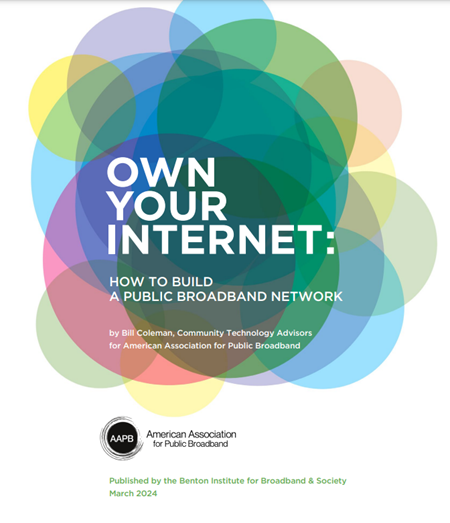The Big Beautiful Bill’s Ugly Choice: Internet or Food?
Today, The American Prospect published some of our original reporting on the One Big Beautiful Bill Act that was signed into law on Independence Day. In it, our Associate Director for Communications Sean Gonsalves writes:
"Sold to voters as a way to cut 'waste, fraud, and abuse,' a more honest assessment of the One Big Beautiful Bill Act (OBBBA) is that it’s just a Big Brazen Bid to shred the social safety net.
Naturally, the looming cuts to Medicaid and what they will mean for rural hospitals in particular has received the most press.
But there are numerous other ways those in need of government assistance will be further pressed into poverty, including through a particularly narrow-minded Sophie’s Choice: internet access or food?

Last year, GOP leaders blocked bipartisan efforts to fund an extension of the Affordable Connectivity Program (ACP), which offered 23 million eligible households a $30-per-month voucher to help pay for internet service. As if letting the ACP die wasn’t a big enough blow, OBBBA not only increases the paperwork burden required to qualify for Supplemental Nutrition Assistance Program (SNAP) benefits, it completely removes internet service costs as an eligible deduction.












